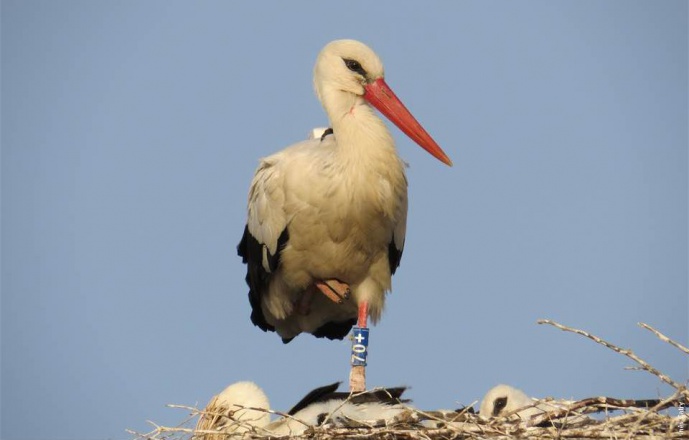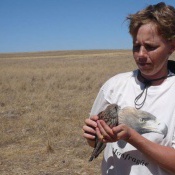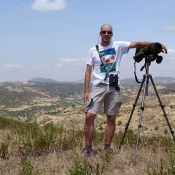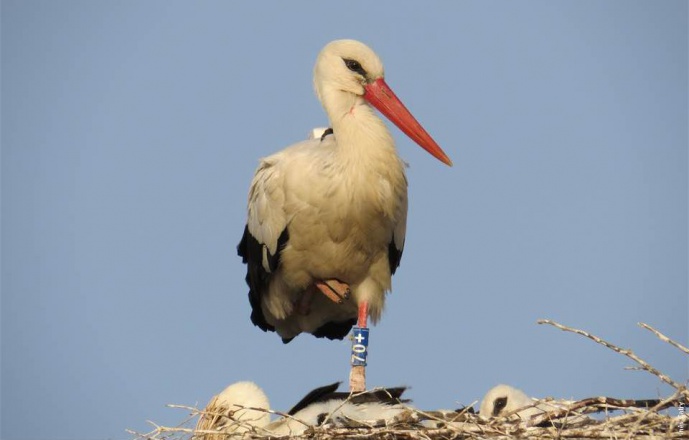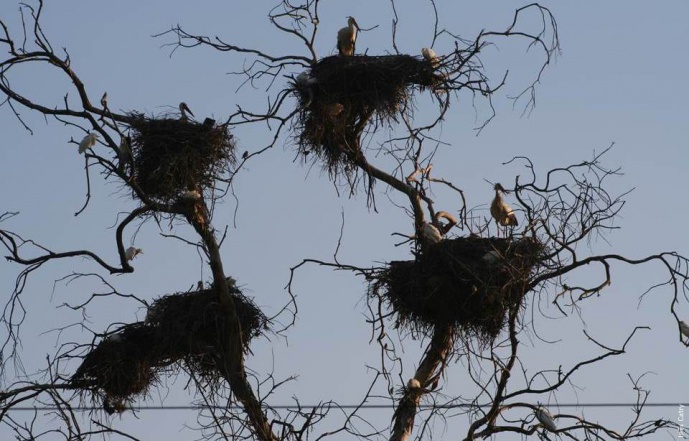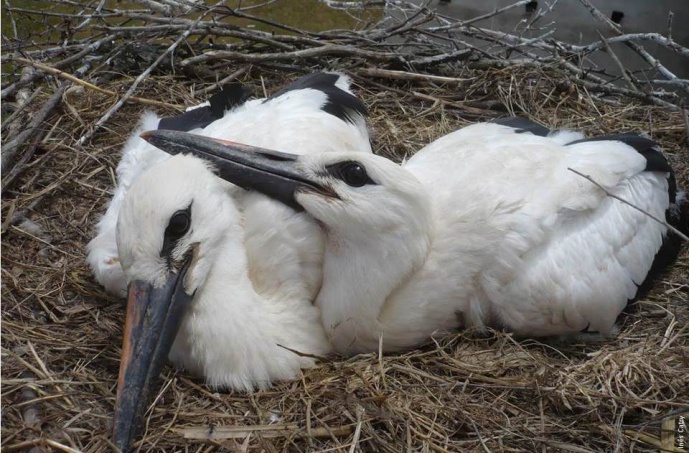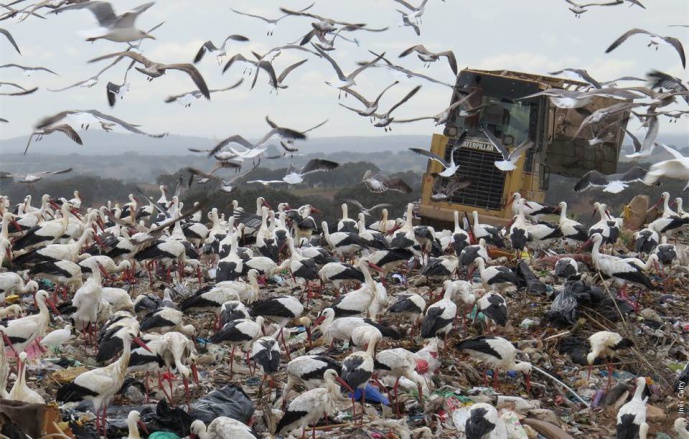BIRDS ON THE MOVE: adaptive migratory behaviour in response to global environmental change
The phenomenon of bird migration has fascinated people from the earliest times. Migratory habits of birds can be rapidly altered under the influence of selection, continually shaped and re-shaped in response to changing environmental conditions. Recently, evidence has grown that the migratory behaviour of many bird species is changing in response to human-induced environmental change. Non-migratory individuals have been reported either in increasing frequency in partially migratory populations or in previously wholly migratory populations. Whilst the mechanisms that drive changes in migratory behaviour and how contrasting migratory strategies affect the survival rates and demographic parameters of residents and migrants within a population are poorly known, this has implications for our ability to conserve species and use them as monitors of the global environment. The white-stork is a very adaptable species, with a partially migratory population in Iberia. Since the mid-1980s, guaranteed and year-round food at landfill sites has enabled the establishment of a resident population. In Portugal, the number of resident white-storks, individuals that no longer migrate to Africa in winter, has increased from 1,000 to over 14,000 individuals in the last 20 years. Feeding on abundant anthropogenic food subsidies allows scavengers to decrease required foraging times and ranges and improves breeding performance and survival.
Nonetheless, such changes may also have unpredictable short-and long-term effects on species, ecological processes, and the incidence of human-wildlife conflict. Following new EU directives, open-air landfills are being replaced by facilities inaccessible to birds, leading to a dramatic reduction in food availability that may impact individual migratory decisions. The observed changes in migratory behaviour of white-storks provide an opportunity to unravel the mechanisms that drive individual differences in bird migratory tendency and determine the mechanisms through which migration can be altered by the influence of environmental change. Filing in this gap will be crucial to identify ways to improve the effectiveness of protected area networks, and to manage potential conflicts with human.

Miguel Jorge Pinto Carneiro
Aldina Franco, Ursula Höfle, Phil Atkinson, James Gilroy, Marta Acácio, Katharine Rogerson
